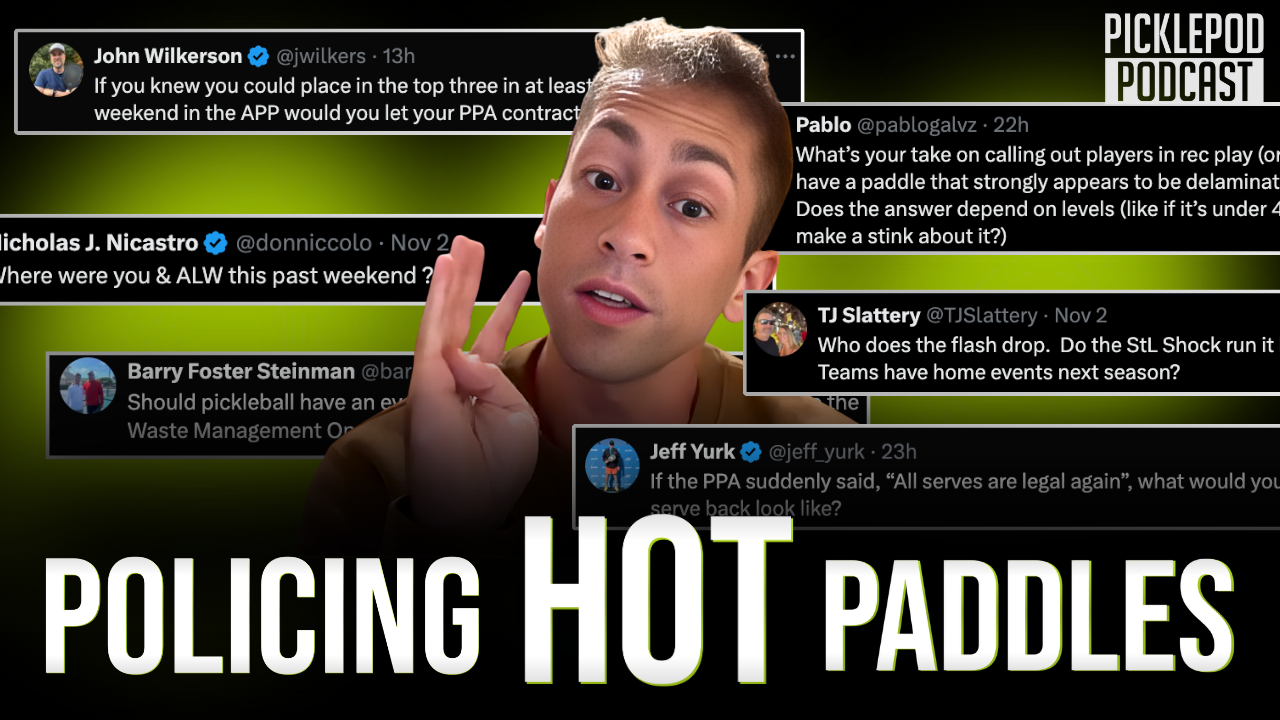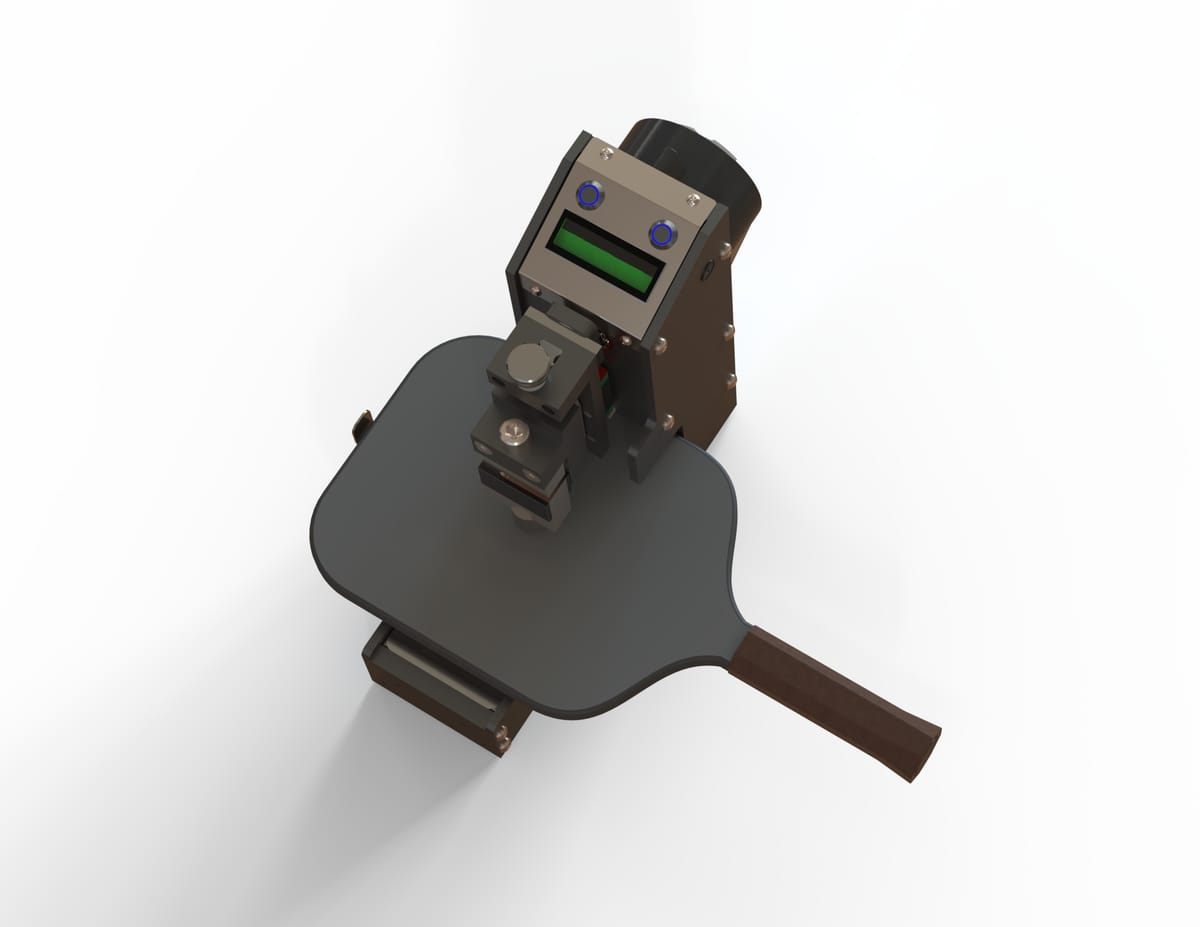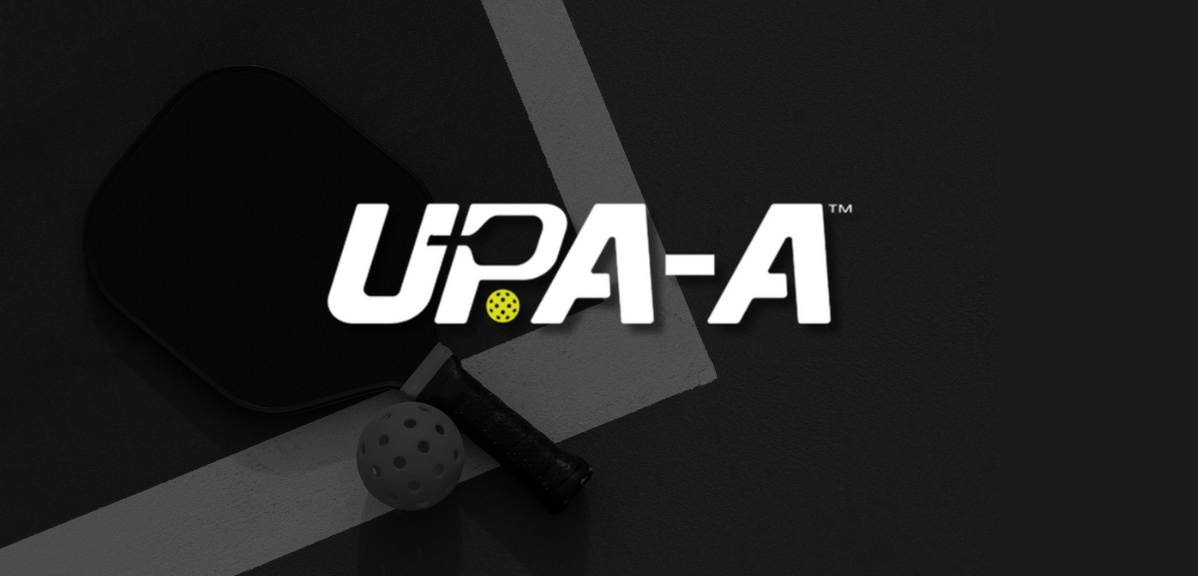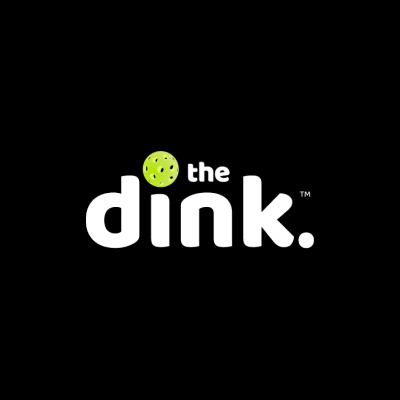
Pro Zane Navratil says there's a difference between protecting the integrity of the sport and being that person who complains about everything.
Pickleball's rules are constantly evolving, and so is the conversation around how we enforce them.
In a recent episode of The Dink's PicklePod podcast, pro player Zane Navratil tackled a question that's been brewing in rec courts and tournaments alike:
When should you actually call out another player for using an illegal paddle?
Love pickleball? Then you'll love our free newsletter. We send the latest news, tips, and highlights for free each week.
The short answer? It depends on the situation.
But the longer answer reveals something more nuanced about sportsmanship, competitive integrity, and the difference between rec play and tournament settings.
'Your Paddle Is Illegal'
Here's the thing about illegal paddles: everyone's got an opinion, but nobody wants to be the person who brings it up. You know why?
Because accusing someone of cheating, even unintentionally, can feel like a personal attack.
It's awkward. It kills the vibe. And honestly, sometimes people just don't know their paddle is delaminated or core crushed.
Navratil's take cuts through the noise. He acknowledges that plenty of players love to throw out the "your paddle is illegal" excuse when they're losing. It's become almost reflexive, like blaming the wind in golf.
But some people actually have a keen ear for detecting illegal paddles. Or just know one when they see one. So how do you know who's being genuine and who's just making excuses?
Tournament Play: Where the Rules Actually Matter
When you're in a tournament setting, Navratil's stance is clear: if a paddle is actually banned, it's "pretty reasonable" to call it out. This makes sense.
Tournaments have stakes. Prize money. Rankings. Bragging rights. If someone's using equipment that violates USAP rules, that's a legitimate competitive advantage, and it needs to be addressed.
The process is straightforward. You flag it to a referee or tournament director. They inspect the paddle. If it's illegal, the player can't use it. Problem solved. No drama, no accusations, just enforcement.
But Navratil goes one step further: he doesn't think the skill level of the tournament should change this equation.
Whether it's under 4.0 or over 4.0, the rules are the rules.
A banned paddle is a banned paddle, regardless of who's holding it.

Rec Play: Where Common Sense Trumps Technicalities
Now, rec play is a different animal entirely. This is where most of us spend our time, where the goal is to have fun and get some exercise. Navratil's advice here is refreshingly pragmatic: "who cares?"
With one important caveat.
If someone's using an illegal paddle and it's actually affecting the game in a dangerous way, that's worth addressing.
Imagine a player with a hot paddle who can't control it, sending balls flying 20 feet out of bounds. That's not just annoying; it's a safety issue. In that case, yeah, say something.
But if you're playing against someone with a questionable paddle and they're still losing? Or they're playing normally and the paddle isn't really impacting the match? Let it go.
Navratil frames it as a challenge. You're playing against better equipment. That's just part of the game sometimes.
Sportsmanship Over Technicalities
There's a difference, says Navratil, between protecting the integrity of the sport and being that person who complains about everything.
The rec court is supposed to be fun. It's where people learn the game, build community, and stay active. If you're constantly policing equipment, you're creating friction that doesn't need to exist.
Save the enforcement for tournaments where it actually matters.
That said, Navratil isn't saying anything goes. He's drawing a line between what's worth addressing and what's not. It's a nuanced take that respects both the rules and the spirit of the game.
The Bigger Conversation About Paddles
This whole discussion sits within a larger conversation about equipment in pickleball. The sport has seen an explosion of paddle innovation, and not all of it is legal.
Delamination, core crushing, and other modifications can give players a real edge. The regulatory bodies at the amateur and pro levels have to constantly update their equipment rules and standards to keep up.

But here's the tension: enforcement is inconsistent.
- Some tournaments are strict.
- Some are lax.
- Some rec players don't even know what makes a paddle illegal.
It creates confusion and, frankly, frustration.
Navratil's approach suggests that maybe the answer isn't to police every paddle at every level. Maybe it's to be strategic about enforcement. Tournament play gets strict oversight. Rec play gets common sense. Everyone wins?

Love Pickleball? Join 100k+ readers for free weekly tips, news & gear deals.
Subscribe to The DinkGet 15% off pickleball gear at Midwest Racquet Sports







